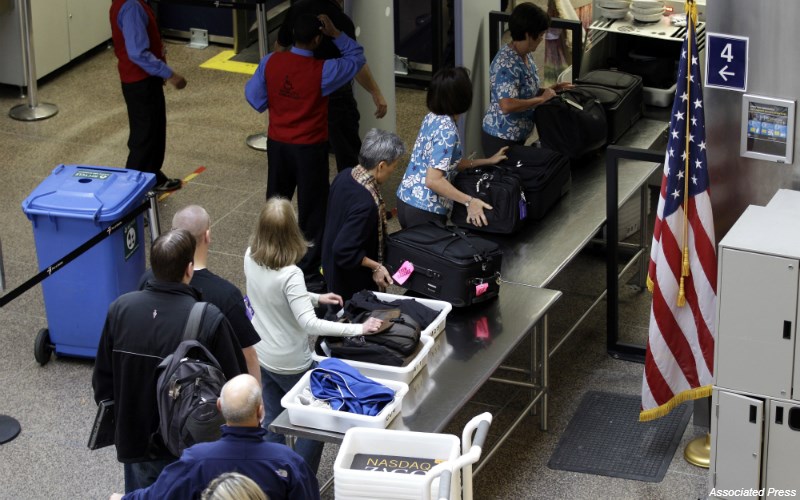As AFN has reported, the WHO is continuing its efforts to amend the legally binding International Health Regulations (IHR) as part of the its "Pandemic Preparedness Agreement." The agreement is scheduled for a vote among WHO members during the body's World Health Assembly May 27-June 1 in Geneva.
While the proposed agreement emphasizes worldwide cooperation in the event of a health emergency, critics say it's just a big power grab. The agreement would give WHO broad authority to issue vaccine and mask mandates, call for lockdowns, restrictions on travel and so many of the things that Americans witnessed with COVID-19. In addition, the WHO would have the ability to define the health emergency that would trigger these actions.
Getting to that point requires amending the IHR, which the United States and 195 other countries are legally bound to uphold.
The areas of greatest concern to author and researcher James Roguski deal with international travel. During an interview on Washington Watch Wednesday, he acknowledged that mandates and lockdowns typically set off alarm bells for most Americans. However, travel regulations are being overlooked, Roguski warned show host Tony Perkins.
"A lot of people have misrepresented what's going on. The issues that you might be concerned about – the mask mandates, the vaccine mandates, employers requiring things, all these various things – those are … issues that people have to deal with locally," Roguski said.
But if the proposed amendments are approved, individual nations would set their own regulations to address international travelers. According to Roguski, host countries would be able to require medical exams, vaccines, isolation, quarantine or whatever they deemed necessary.

"The language that they want to add is that the isolation and quarantine can be 'as appropriate.' The core question of all of this is: Who has the authority to set criteria to determine that a person is a potential harm to other people when the tests are inaccurate, and the jabs don't work?" Roguski wondered.
In the WHO's bid to rewrite the regulations and seize more power, "national sovereignty" is a phrase that has been confused, Roguski said. The real motivation, he stated, is to tap into the money-making capability of fear.
"The concept is pandemics would be prevented if every nation could have enough investment capital to build laboratories and manufacturing plants, to make more drugs, more jabs and tests," he explained. "It's based on a transfer of wealth so that they can scaremonger the relatively poor nations and profit by jabbing the people they missed the first time around."
Poorer nations see dollar signs too
But the poorer nations are waking up and want a piece of the pie. The bargaining chip they're using, Roguski said, are the pathogens that cause disease. In essence, political leaders in smaller nations are seeking to claim ownership of bacteria that originates in their country.
Big Pharma needs those germs to create more vaccines to make more money, Roguski said.
"When they hand over the genetic sequence, the small oligarchs in poor nations are trying to extract a pound of flesh from the pharmaceutical companies who made billions off this national sovereign resources. What we're dealing with here are countries like the United States [and] the European Union standing in defense of the profits made by Big Pharma," Roguski said.
And that, he said, amounts to bigger nations defending Big Pharma's right to be misleading and ambiguous and to keep from "suffering liability for the harms their products cause."
Roguski said the number of nations arguing for a cut of the same amount of money is the reason writing amendments to the IHR has taken so long.
"They pretty much have failed to reach an agreement. Now they want nations to sign on to an unfinished document then continue to move along with negotiations. [They're being told] If you don't sign on, you're out of the deal and you don't get a piece of the pie," Roguski said.







